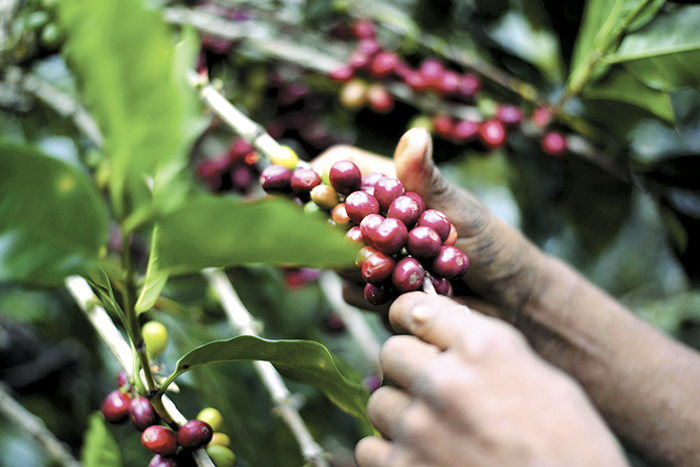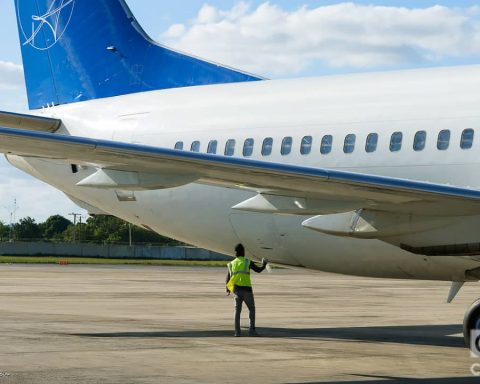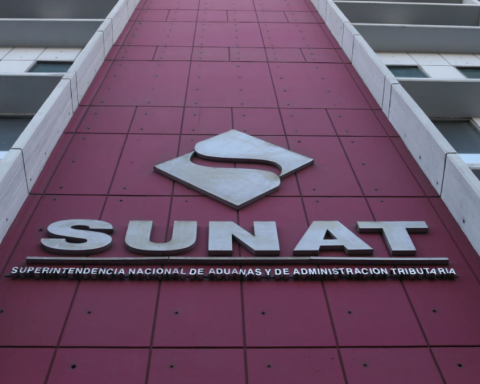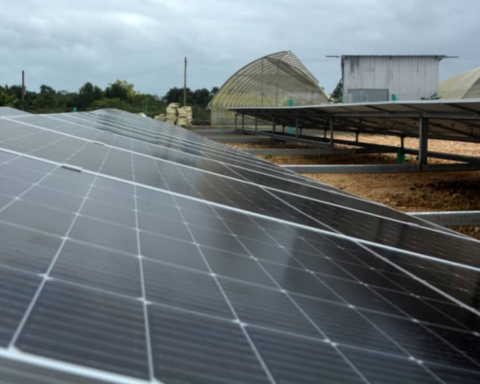The coffee harvest from the Jinotega farms, where 54% of the total production of the golden grain comes from, will be seriously affected by the lack of labor, lament coffee growers in the area. Another problem they have faced for this cycle is the high price of inputs for the crop.
“Many people we counted on for the cuts have gone to the United States, others to work in Costa Rica,” complains the owner of the San Francisco farm, Darwin Perez. “It’s going to be a problem, because we’re not going to have people to collect the grain,” he said.
Related news: Peasants from Madriz ask for an improvement in the payment for the coffee cut
This concern was joined by Eduardo Molinares, also a coffee grower, who owns a farm in the El Tabaco community, in the municipality of El Cuá, in this department. “There is little labor, since all the people have emigrated, there are not many people to collect the coffee, we are collecting it with the few collaborators that we have,” said Molinares.
EXPENSIVE INPUTS
Local cutters from the Waslala and Río Blanco areas came to these farms looking for work, but this time they have not appeared. “This is serious, it puts the cycle at risk,” producers complained. “To this we must add that the production costs increased, because the inputs went up,” denounced the farmers.
Pérez says that this year the inputs have increased their price by up to 100%. “I was reviewing last year’s bills, a quintal of fertilizer was worth 1,300 córdobas and right now it is worth 2,400 córdobas, so there you can see how everything has gone up,” he complained.
“We are going to see each other in cockroach wings, everything is expensive, the food is expensive, perhaps there are not even any profits and one is in debt,” Molinares complains. He warns that in order to get cutters they are paying 60 córdobas for a (half) can of coffee, plus food, otherwise it would be difficult for them to collect the golden grain in the pepenas, which is when the coffee begins to mature.
Jinotega, Matagalpa and Madriz represent 85% of the total coffee production, which is the main export and its importance lies not only in the generation of foreign currency, but also in the generation of permanent and temporary jobs. In all its areas the absence of cutters is a problem.
By: United Voices















